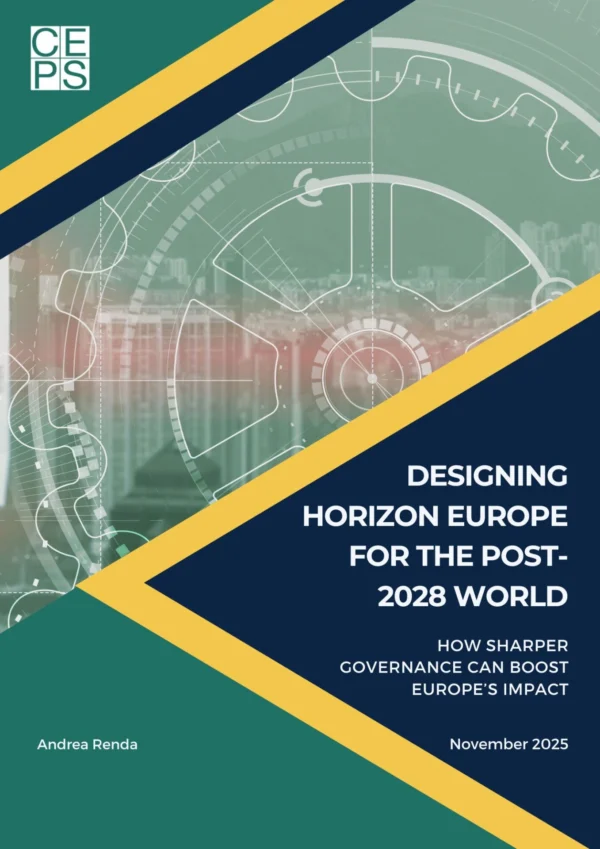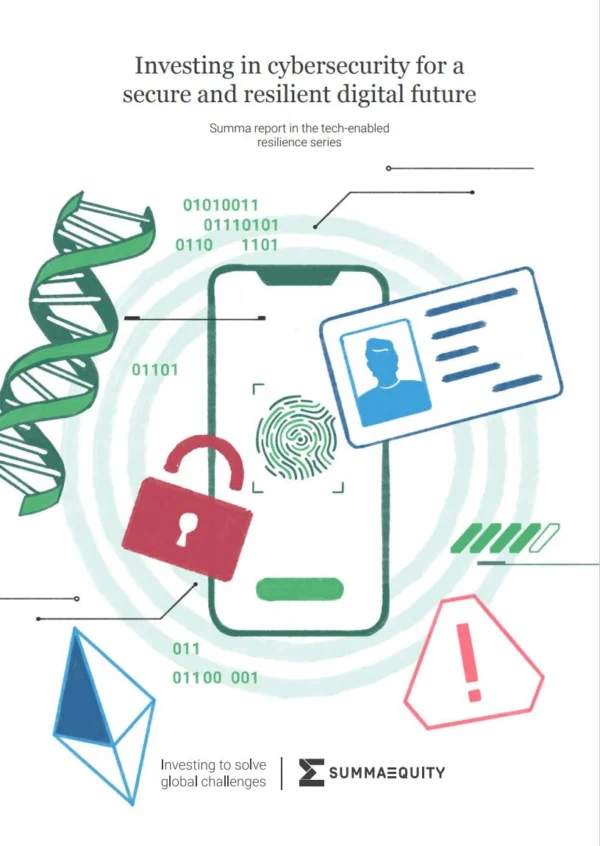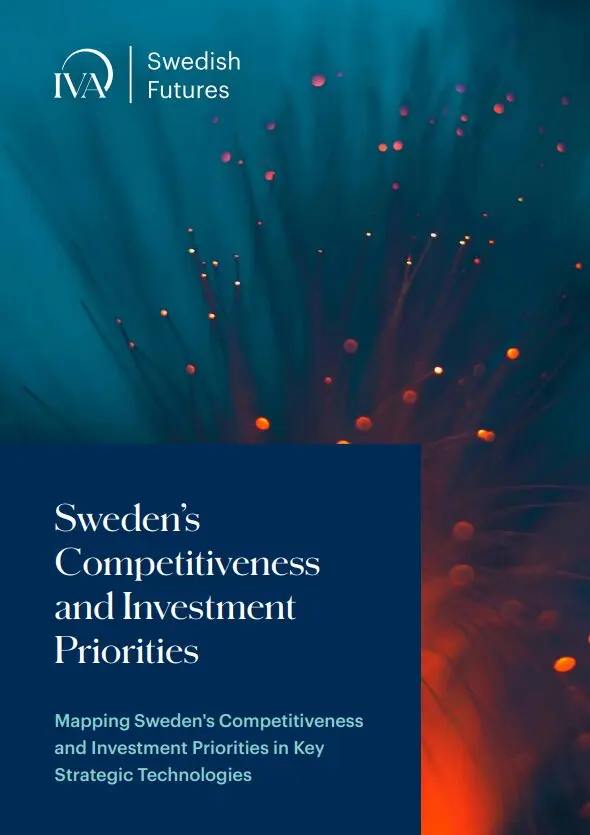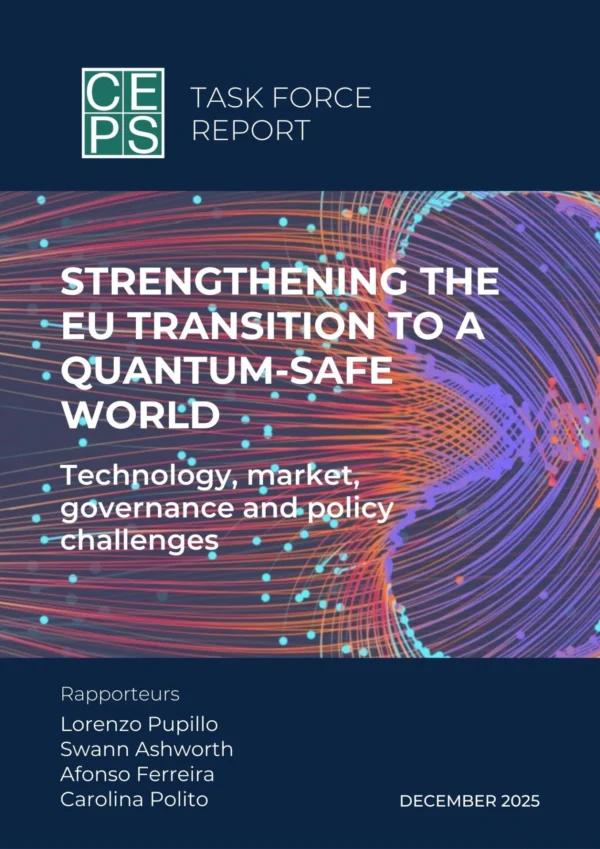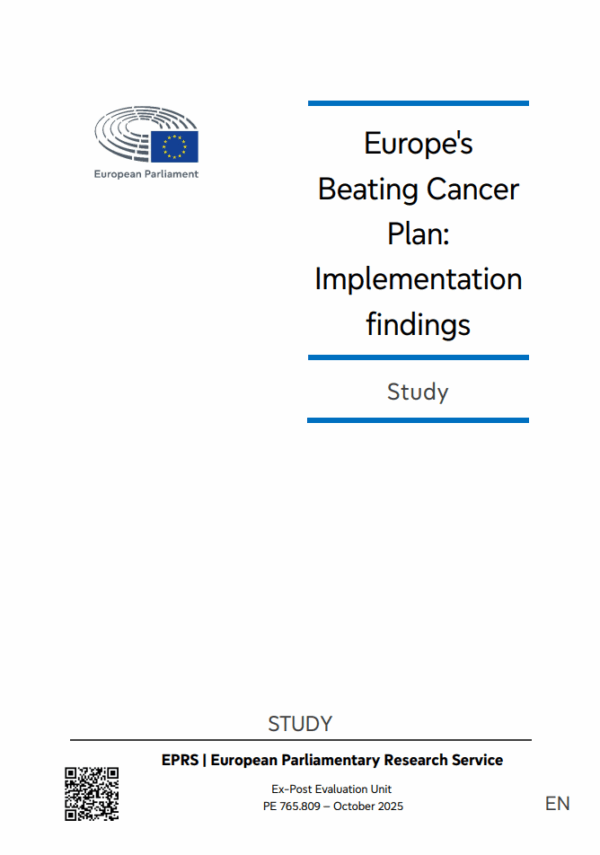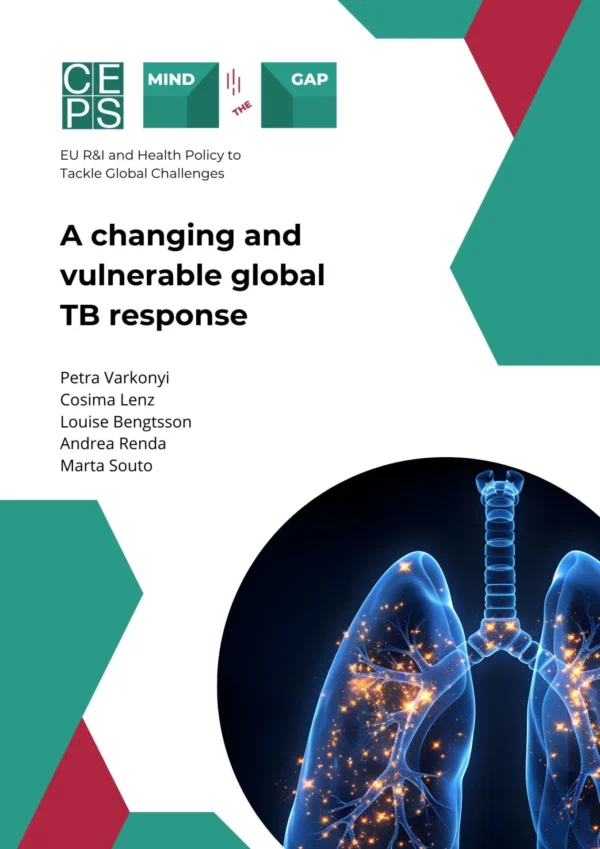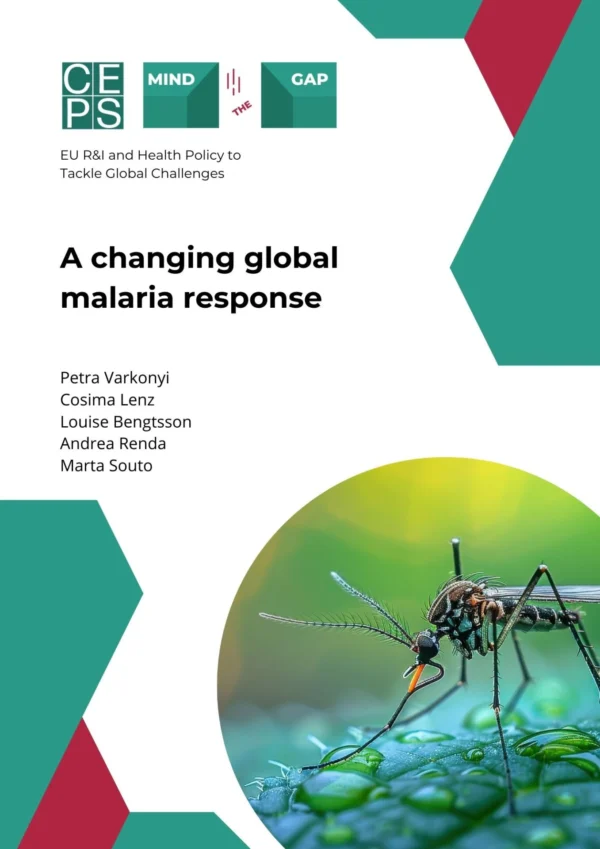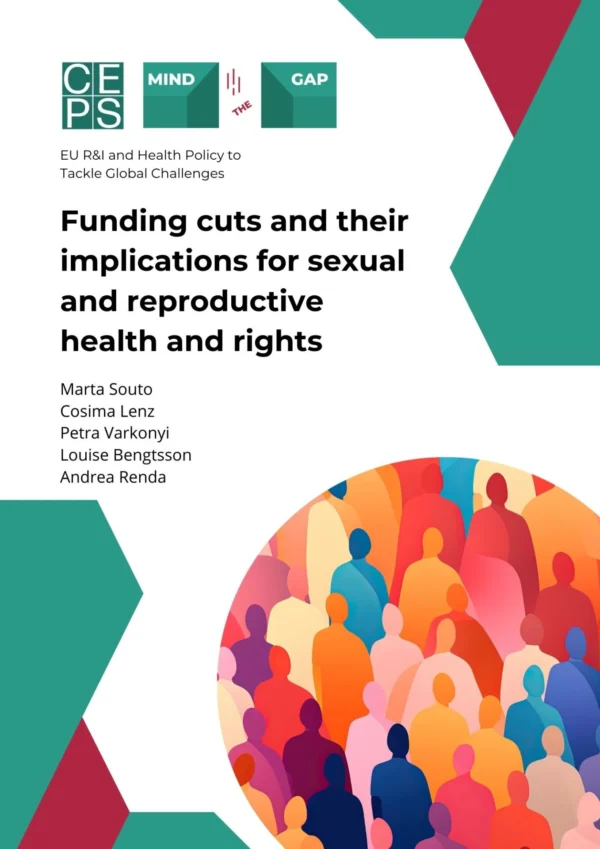The European Commission recently tabled a bold proposal for the next Framework Programme for Research and Innovation (R&I), Horizon Europe, which will run from 2028 to 2034 as part of the next EU Multiannual Financial Framework. The stated aim is to place R&I at the core of the EU action for the coming years. Yet, the modest size of the available budget requires a major governance overhaul: Europe’s R&I system is too fragmented, slow, and poorly aligned with geopolitical, industrial, and global sustainability challenges.
This paper proposes the creation of two new high-level councils under Pillar II to manage the full ‘lab-to-market’ journey. A Council on Research and Innovation for Competitiveness and Security (CRICS) would focus on dual-use, industrial sovereignty, defence innovation, and economic resilience, tightly linking investment to policy and industry needs. Conversely, the Council on Global Societal Challenges (CGSC) would focus on global public goods such as climate, health, biodiversity. It would embed openness, low- and middle-income countries participation, science diplomacy, and multistakeholder partnerships, aligning with instruments like Global Gateway and the announced Global Health resilience initiative.
Together, the councils would support the MFF political steering mechanism, enable rapid budget reallocation, and prevent competitiveness and global-challenge agendas from cannibalising each other. The paper draws on international analogues (DARPA, ARIA, SPRIND, CSTI, etc.) and frames the reform as essential for Europe’s technological relevance, security, and global leadership.
